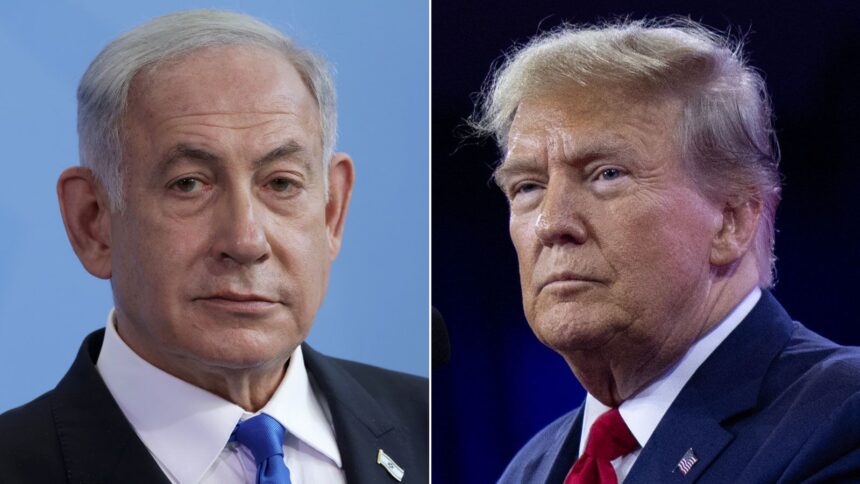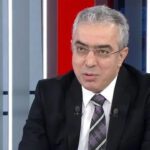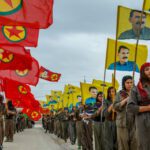In a development that may signal a breakthrough in the long-running war between Israel and Hamas, Israeli Prime Minister Benjamin Netanyahu announced Saturday that the director of the Mossad, David Barnea, will head to Doha for high-level ceasefire negotiations. Observers say this move underscores the gravity of the talks and the urgency of reaching an agreement before the upcoming U.S. presidential inauguration on January 20.
High-Level Negotiations
Barnea’s participation adds a new layer of significance to the Doha discussions, which are being mediated by the United States, Egypt, and Qatar. Traditionally, Mossad chiefs play discreet yet influential roles in back-channel diplomacy. Netanyahu’s office indicated that top figures—including the heads of the Shin Bet (Israel’s internal security agency) along with military and political advisers—will also join Barnea.
Sharp Tensions With Trump
Netanyahu’s decision to dispatch the Mossad chief comes just one day after former President Donald Trump posted a scathing video of a historian criticizing the Israeli leader—referring to Netanyahu as a “deep, dark son of a bitch” in footage that sparked controversy across Israeli and American political circles. While Trump and Netanyahu were once staunch allies, the video marks a striking escalation in rhetoric and may underscore growing friction between them.
Growing Pressure for a Deal
U.S. officials have been vocal about the need to finalize a ceasefire agreement before January 20, adding urgency to the talks. Outgoing U.S. Ambassador Jack Lew described the negotiations as “encouraging but not guaranteed,” while Secretary of State Antony Blinken, speaking at a rally in Tel Aviv, reiterated that the sides are “very close” to a partial ceasefire arrangement.
Hostages at the Center of the Talks
Central to the proposed ceasefire is the fate of roughly 100 Israeli hostages believed to remain in Gaza after they were captured during the initial Hamas attacks on October 7, 2023. The talks reportedly aim to secure at least a partial hostage release, tied to a temporary halt in fighting. Families of those still unaccounted for have been pressuring Netanyahu’s government to bring the hostages home, rallying again Saturday night in Tel Aviv.
“Return with an agreement that ensures the return of all hostages, down to the last one,” said a statement by a family advocacy group. Grief and worry intensified this week when the bodies of two hostages were recovered, renewing fears about the fate of others.
Sticking Points
- Hamas Demands: Full Israeli troop withdrawal from Gaza.
- Israel’s Position: Netanyahu has insisted Israel will continue to eliminate Hamas’ ability to fight, even if it agrees to a limited ceasefire phase.
- Prisoner Exchange: A key area of contention is which Palestinian prisoners Israel would be willing to release in exchange for the hostages.
Humanitarian Crisis in Gaza
Meanwhile, Gaza’s Health Ministry says over 46,000 Palestinians have been killed in the war, though it does not specify how many were militants versus civilians. Humanitarian groups warn that conditions in Gaza have reached catastrophic levels, with most of the 2.3 million residents displaced and in urgent need of food, water, and medical supplies.
Airstrikes continue to claim civilian lives. On Saturday, several strikes in northern Gaza reportedly killed multiple people, including children, according to the Hamas-run Civil Defense. The Israeli military stated it was targeting Hamas command centers but did not comment on individual casualty reports.



